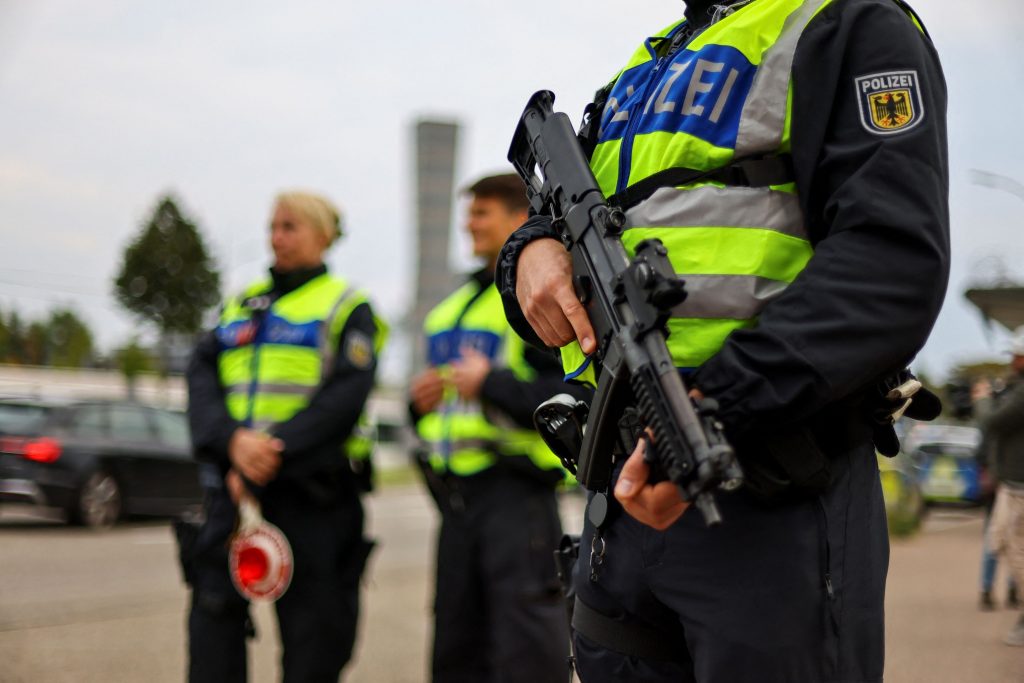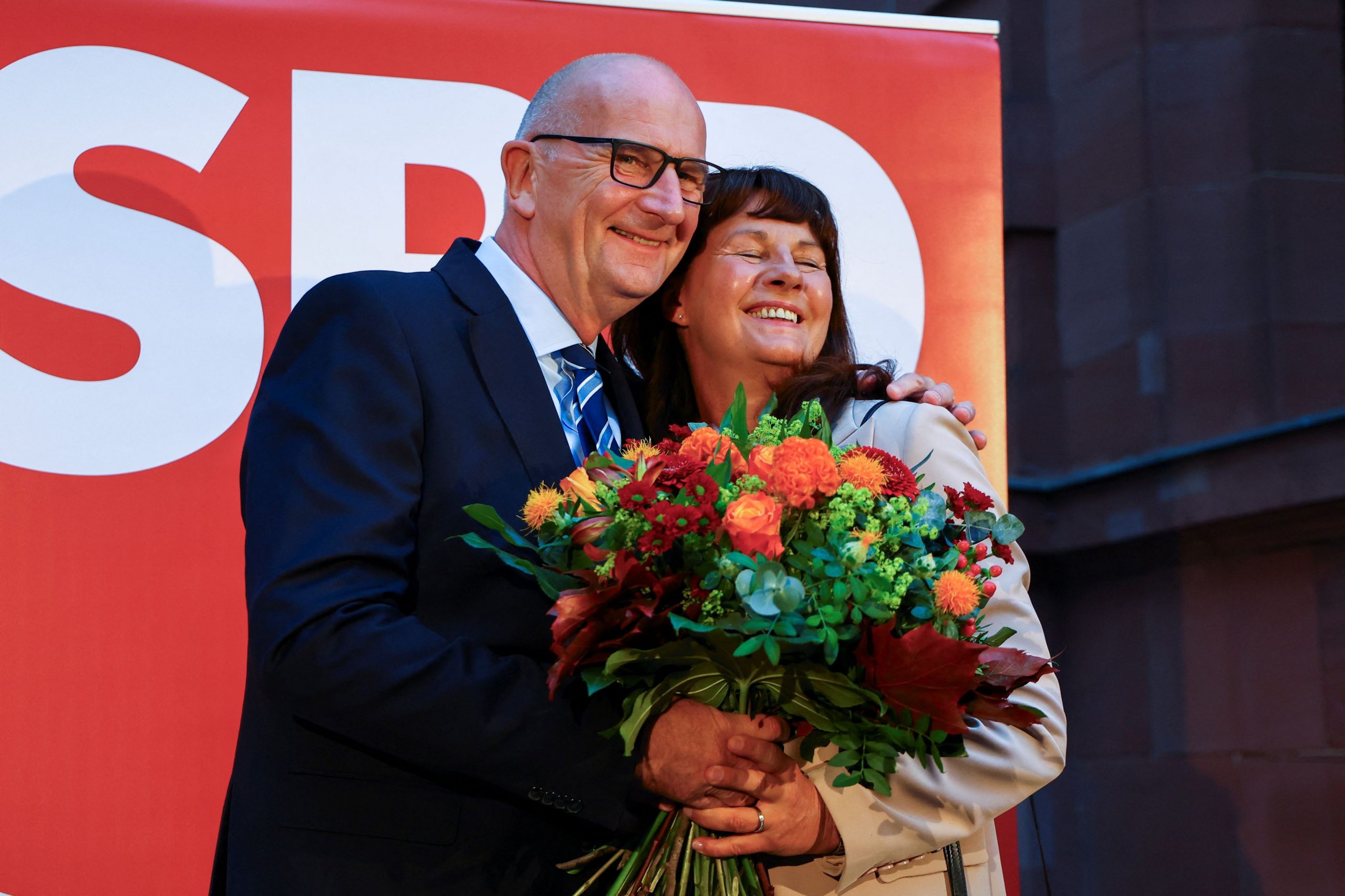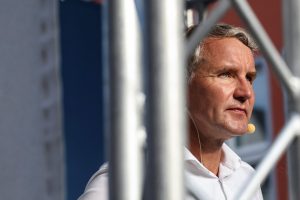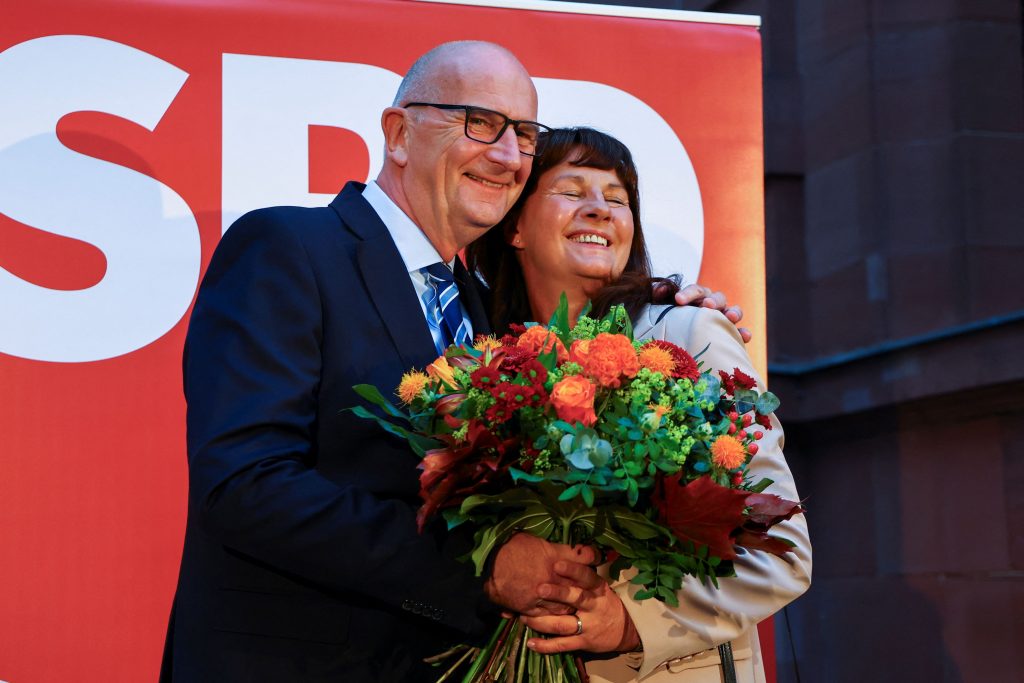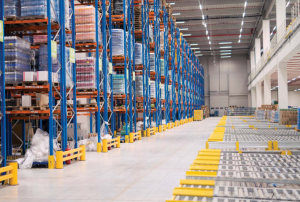German Chancellor Olaf Scholz’s Social Democrats (SPD) achieved a crucial victory in the regional election in Brandenburg, narrowly defeating the far-right Alternative for Germany (AfD), says Reuters.
The win offers Scholz a ‘temporary reprieve’ from increasing criticism within his party regarding his leadership, estimates the news agency.
The SPD has governed Brandenburg since reunification in 1990 and secured just 30.9% of the vote over the AfD, which had led in polls for two years.
The AfD garnered 29.2%, marking a significant 5.7% rise in their support compared to the last election and leaving a very narrow margin with the SPD.
Analysts attribute the SPD’s win to ‘tactical voting’, where citizens voted for SPD not as a sign of approval, but in an attempt to prevent yet another AfD win the country.
Recall that at the start of September Germany’s anti-immigration AfD won elections in Germany’s eastern state of Thuringia.
Problems within the SPD
Despite the victory, the election results underscore ongoing challenges for Scholz, explains Retuers.
Brandenburg’s SPD Premier Dietmar Woidke, who distanced himself from Scholz during the campaign, criticized the federal coalition’s policies.
Analysts say that Woidke’s criticism echoes broader concerns within the SPD about Scholz’s leadership, particularly his poor communication.
Scholz is considered to be Germany’s least popular chancellor on record. Meanwhile, the SPD is polling at just 15%, far behind the opposition conservatives and even the AfD.
This has fueled debate within the party about whether Scholz, who plans to run for a second term, is the right candidate for the 2025 federal election, says Reuters.
Both junior coalition partners, the Greens and the Free Democrats (FDP), also performed poorly in the elections, which has raised concerns about the coalition’s stability.
The head of the country’s pro-business Free Democrats Pary (FDP) Vice Wolfgang Kubicki warned that the coalition must take decisive action or risk falling apart in the coming weeks.
It seems unlikely that the government will collapse imminently, says Reuters, given the poor polling of all three coalition parties, but analysts say the pressure on Scholz and his coalition is expected to intensify as the 2025 federal election approaches.
